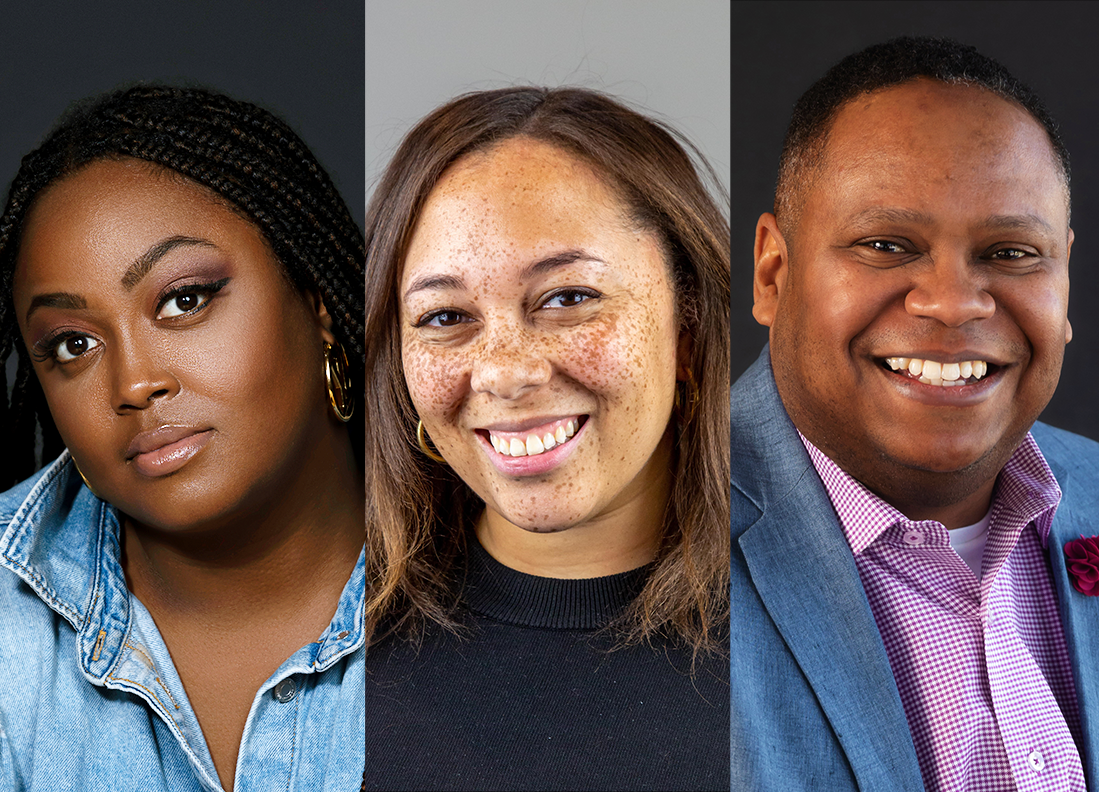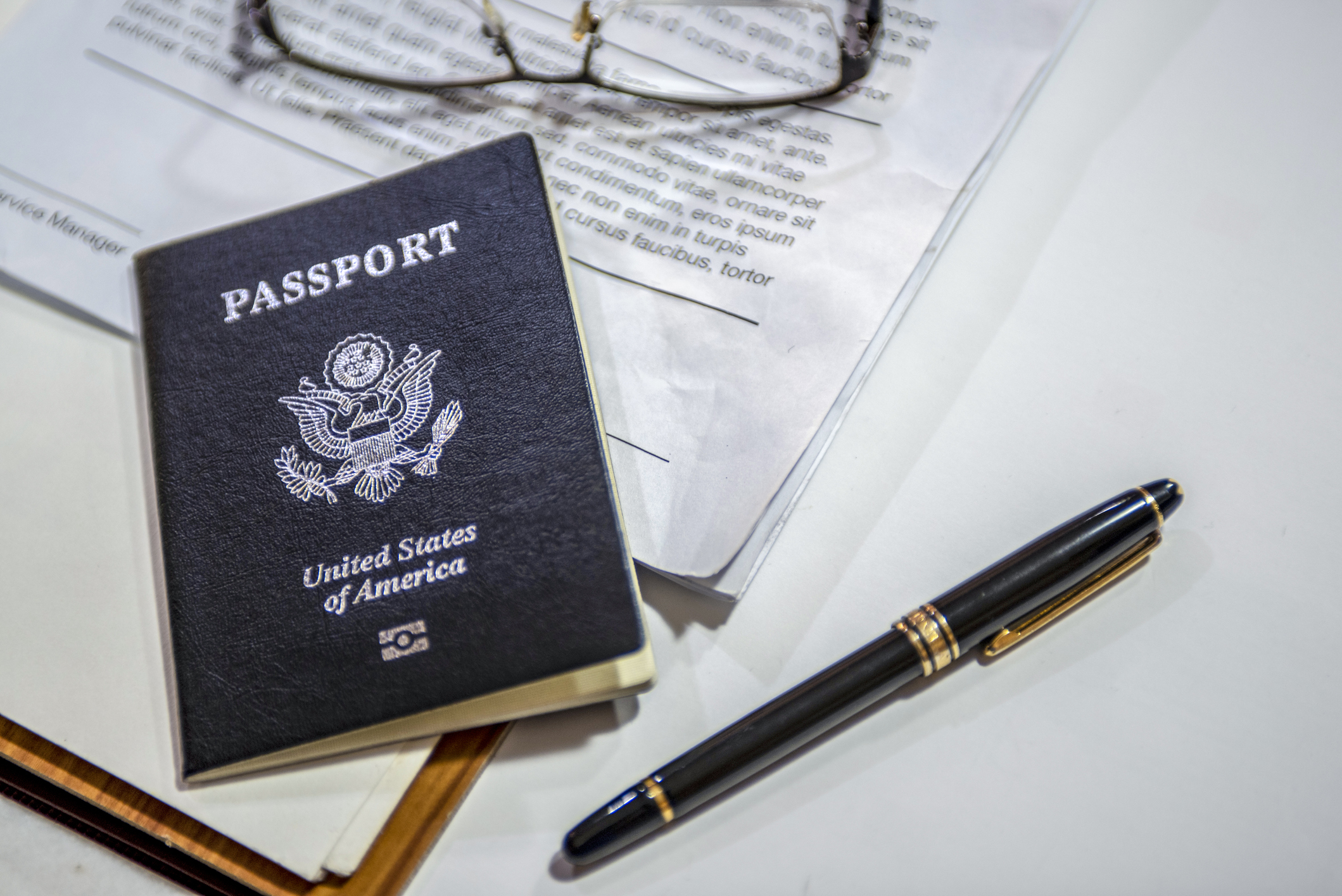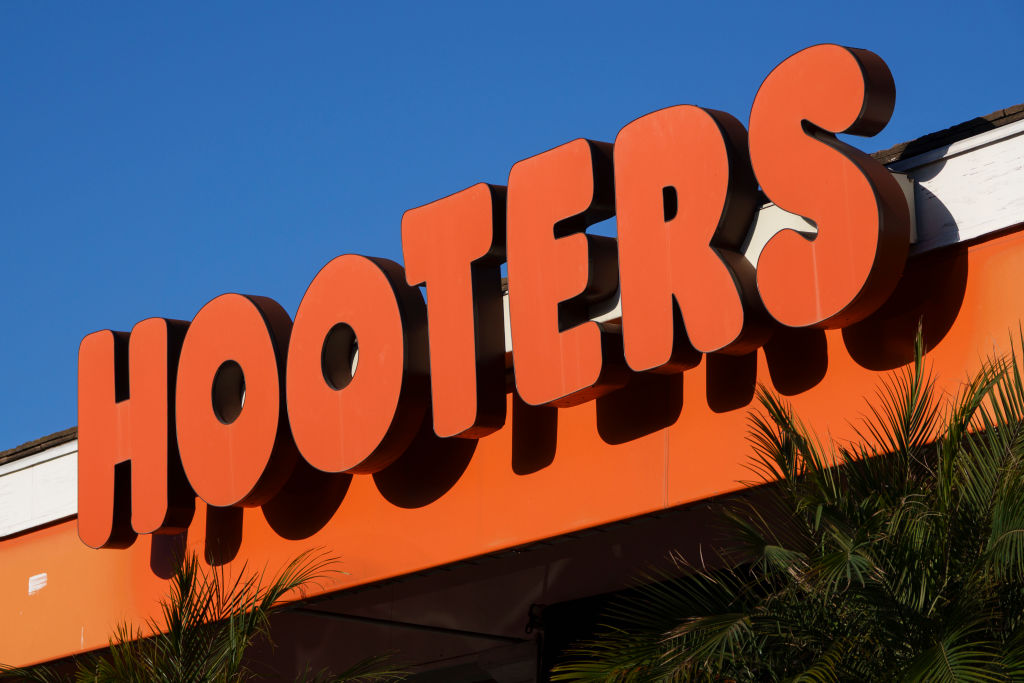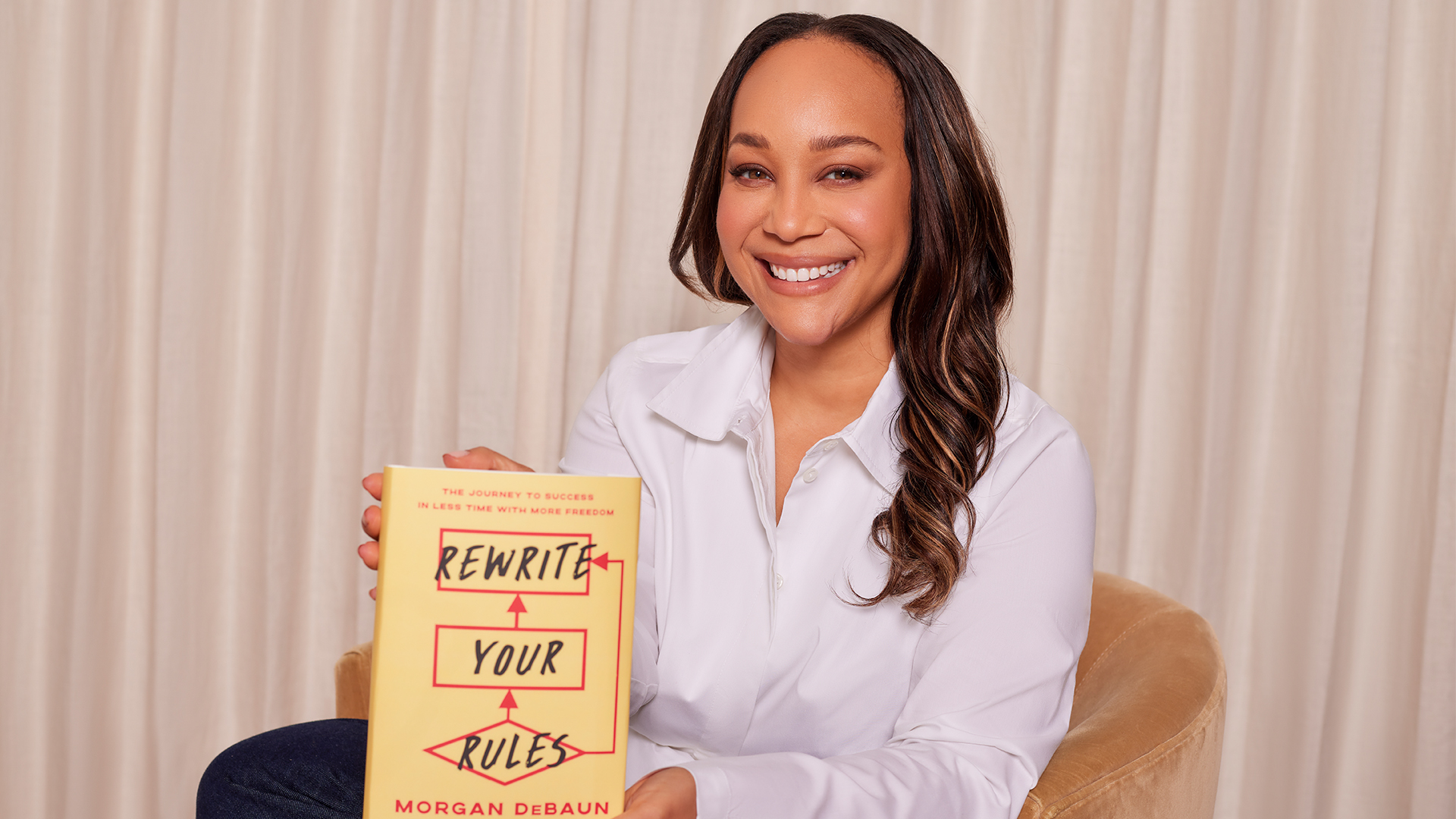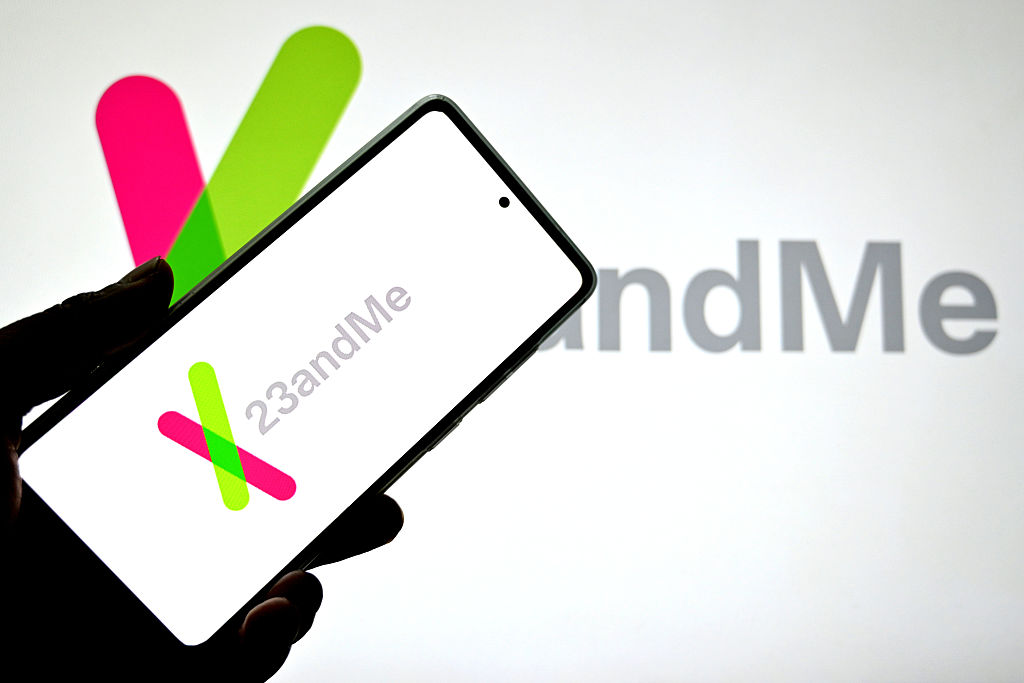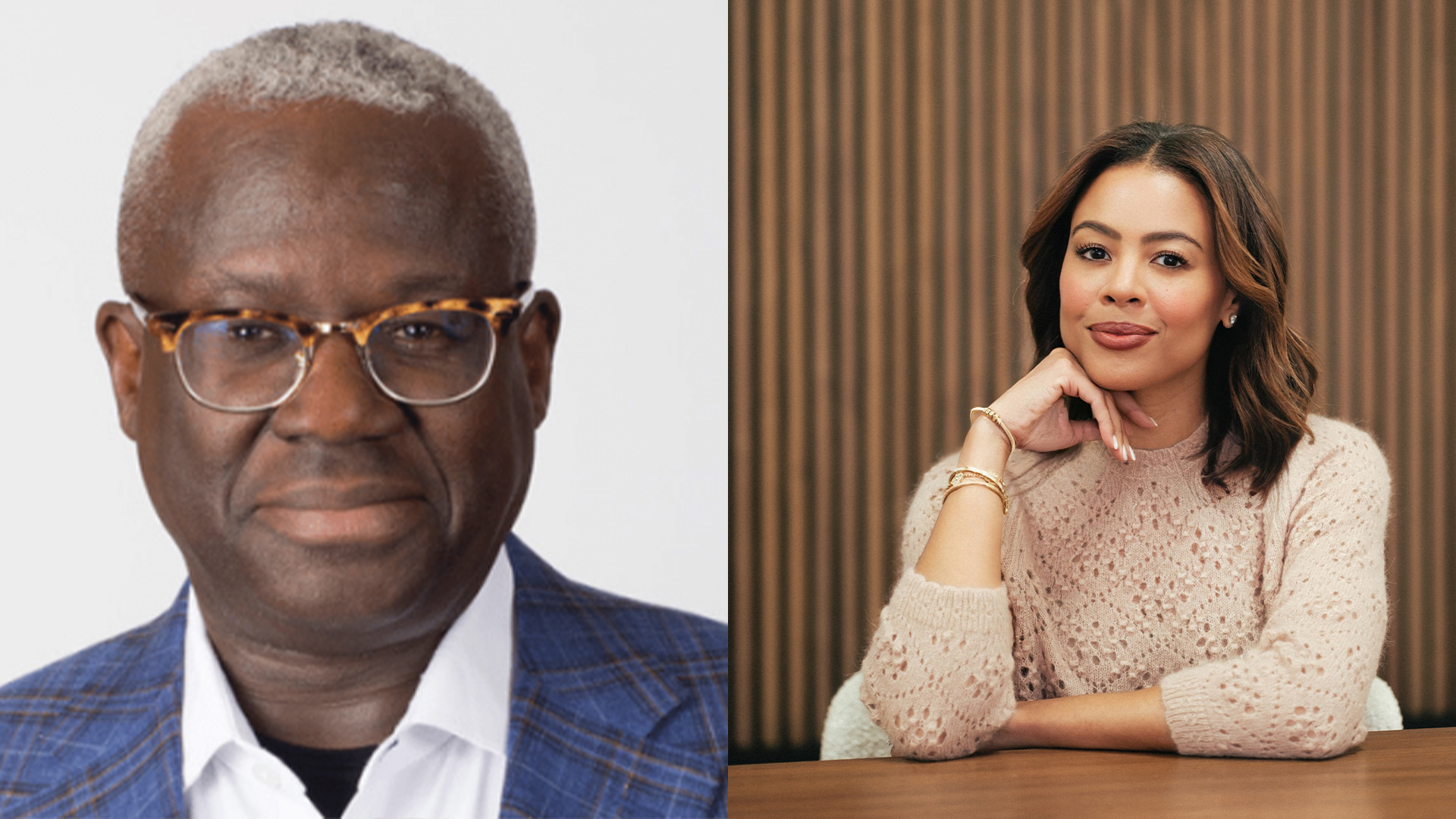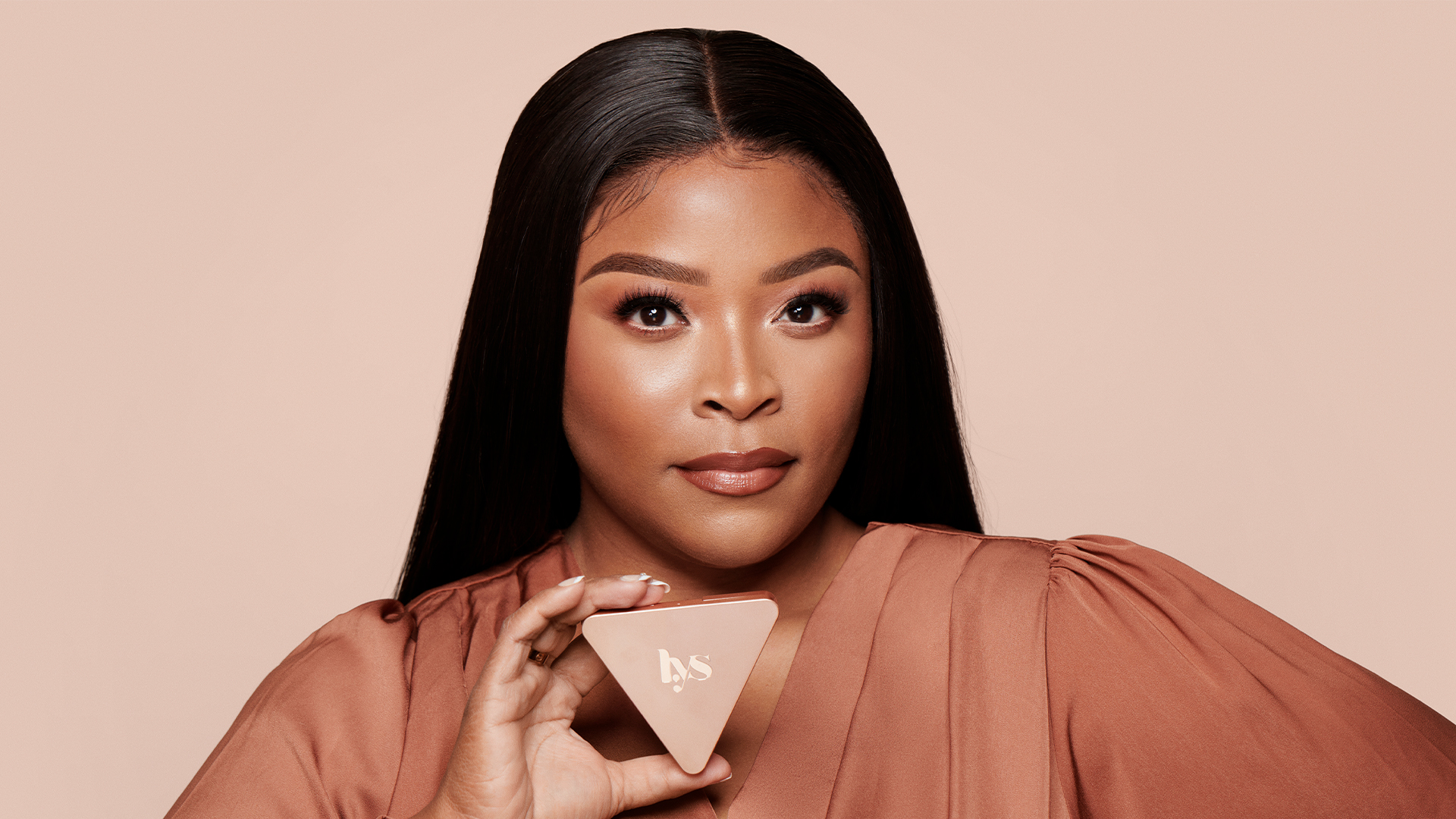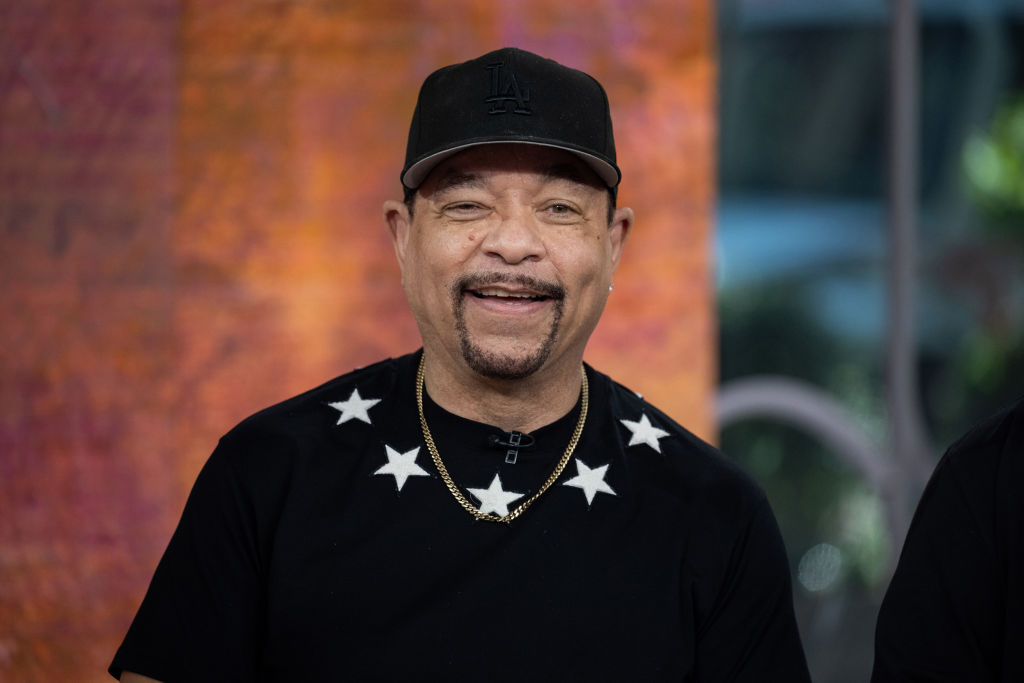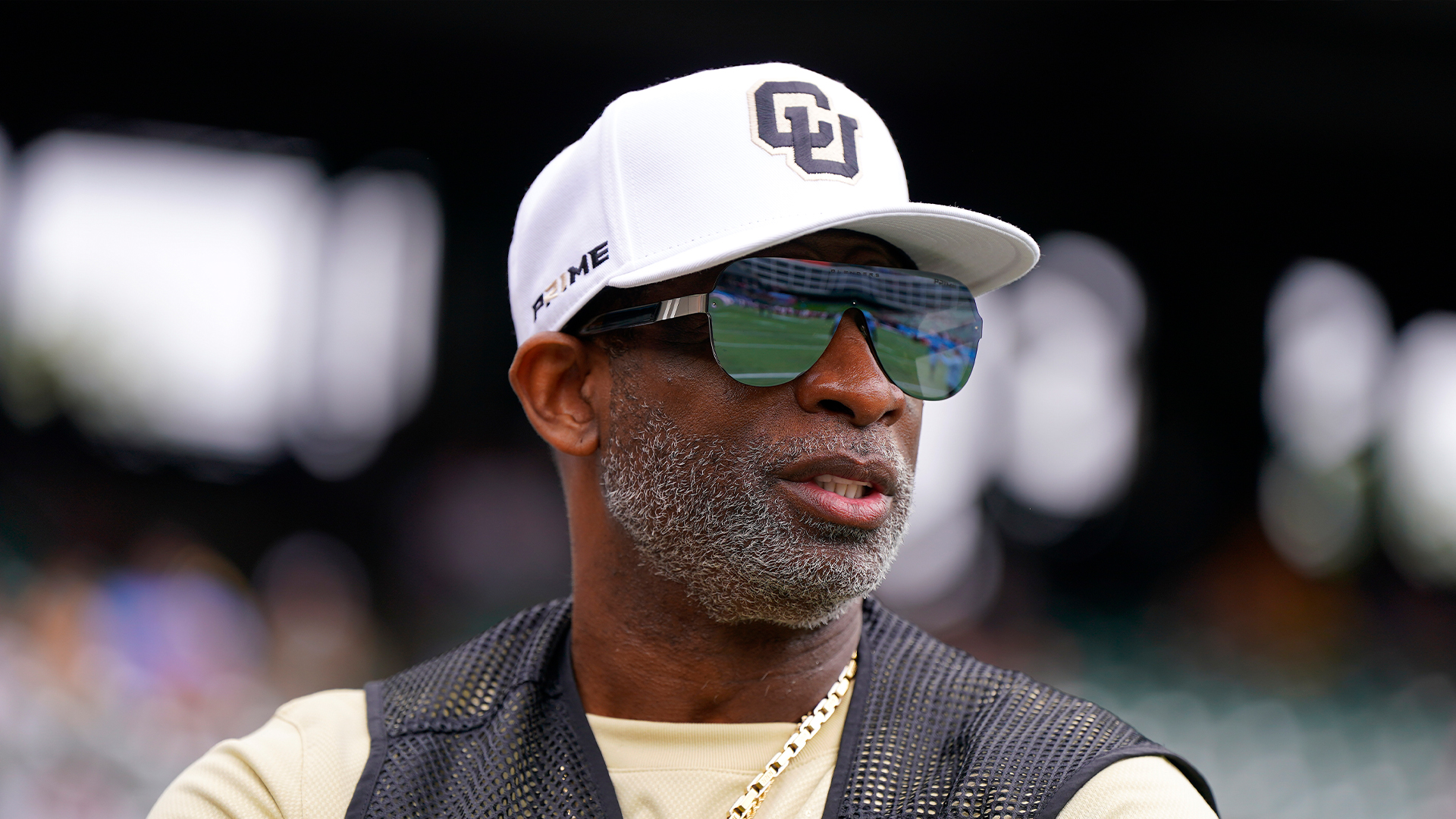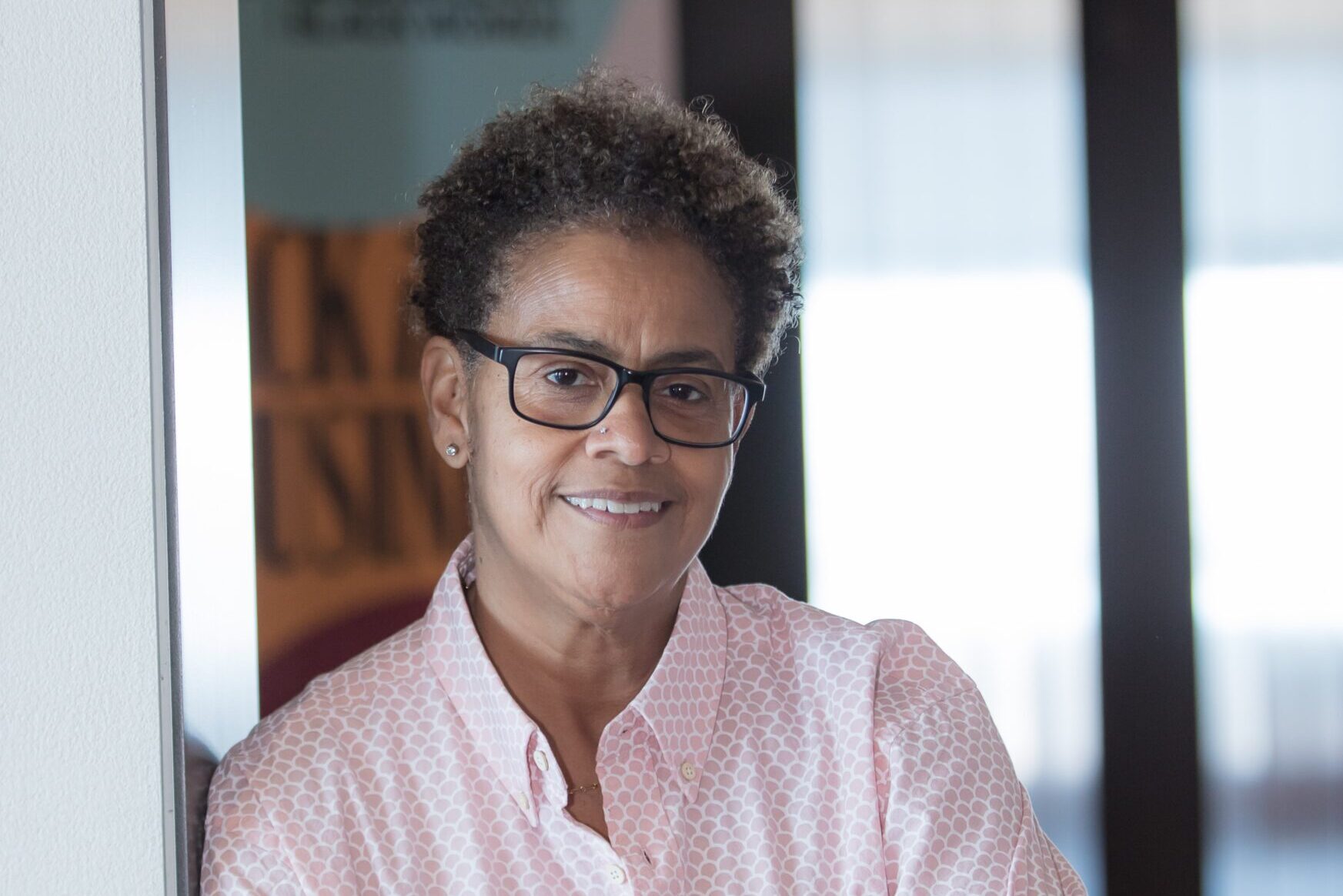In today’s quickly changing job market, people are looking for companies that check all of their boxes. They want to show up and be inspired by their work, be inspired by company leadership and make an impact with the projects they work on. Many job seekers are also seriously considering how a company handles diversity in its workforce for the first time. Unfortunately, finding a company that meets those criteria in today’s job market can be challenging. In the past few years, employers have loudly proclaimed that diversity was a core part of their values and that the voices and contributions of Black talent were central to how they saw their company futures. But the reality of how Black employees are compensated, trained and valued hasn’t matched up to those claims.
Fortunately, integrated advertising agencies within dentsu International’s network are showing up in a real way for Black employees. Through diversity initiatives and other social impact efforts, dentsu hopes to demonstrate to potential employees that their talents and life experiences will be celebrated as dentsu team members. There are many reasons to work at dentsu, and the colleagues you’ll meet there happen to be one of them. We sat down with three leaders of dentsu’s diversity and inclusion efforts to get the real on how dentsu is moving to positively impact the experience of Black employees.
Why dentsu is a great place to work.
An employee-first ethic makes dentsu a great place to begin or continue a career in advertising. Kirt Morris, Global Chief Equity Officer of Merkle, a dentsu company, believes that aspirational diversity goals should start from the employee level and move up to leadership. “Always start by listening to your employees. If the voice of your employees isn’t considered when building your DEI practice, your aspirational goals and outcomes will not resonate internally,” Morris said.
Kai Weidie is Senior Vice President of Diversity, Equity & Inclusion within dentsu Media for the Americas region. Weidie shared that dentsu is one of the only places she’s felt she could really make a change to the workplace culture. “Dentsu gives me a runway to truly disrupt the status quo,” she said. “I’ve been in places where it’s tacitly understood that your work has to fit into the existing culture and ways of working.” That type of workplace culture didn’t inspire her creativity, and she knows how broadening the definition of success can make it feel more attainable. “Achieving success around inclusion can’t happen in environments like that. At dentsu, there is a vocal and demonstrated understanding of the need to keep evolving,” Weidie said.
Dentsu wants employees to bring their whole selves to work
Dentsu values diverse perspectives and it shows in company leadership. Kai Deveraux Lawson, SVP, of Diversity, Equity & Inclusion at Dentsu Creative, Americas, believes that “life experience is the baseline toolkit for working in advertising.” And dentsu is utilizing its employees’ life experiences to make the work they produce better while making agencies more equitable for employees. “One of the most important initiatives we have created within the Dentsu Creative network is our Creative Review Council. It was developed to double-check work for cultural resonance, spot gaps and missed cultural nuances a core creative team might not always be privy to,” she shared. “The Council allows dentsu to bring a diverse cast to the table — diverse in skillsets, ethnic backgrounds and lived perspectives — to elevate work as it’s crafted.” The Creative Review Council is a way for dentsu employees to bridge gaps in cultural knowledge. Lawson believes the Council impacts the creative process at dentsu significantly.
Dentsu is committed to allowing diverse voices to inform and improve its creative products. The voices of Council members matter at dentsu, and they’re having a big impact on some of the biggest stages in the world. When FTX, the world’s fastest-growing crypto exchange, came to dentsu to craft its 2022 Super Bowl ad, team members on the Creative Review Council had the opportunity to make the commercial more entertaining and inclusive. To Deveraux Lawson, the Creative Council’s impact on the success of the ad can’t be overstated. “The Council’s input impacted FTX’s brand debut with Larry David — pulling out one scene to prioritize a more representative profound moment in time — showcasing Katherine Johnson’s mathematical genius for NASA,” she said.
It’s not uncommon for organizations’ DEI efforts to require that employees go beyond their day-to-day responsibilities for free and without recognition. Lawson notes that Council participation is not volunteer work, it’s teamwork. Council members’ names were listed publicly in the team credits for the 2022 Super Bowl ad, a rare and much-applauded move in adland. With this credit to their names, Creative Review Council members get the recognition they deserve, which leads to better career opportunities. Beyond that, Creative Review Council members receive early access to learning and development opportunities and access to networking events to support their career growth.
Moving beyond talk, dentsu is showing and proving that they’ll show up for diverse employees.
Dentsu set out to make sure there is representation at every level in its organization. The company set an aspirational goal of at least 30% BIPOC overall representation by 2025 in its U.S.-based workforce, with at least 25% BIPOC representation at the executive level. Kai Weidie acknowledged the significance of the company’s aspirational representation goal stating: “We have taken action on the commitments we made to build empowered communities, to invest in the career development of our people through programs and training — to expand our talent partnerships and to continually evaluate our policies and practices.”
In fact, earlier this year, dentsu Media US launched a new apprenticeship program called “The Media Experience” to create more inclusive pathways for talent without technical expertise to join the advertising industry. The program welcomes industry newcomers from diverse pipelines including parents re-entering the workforce, military veterans, those in other industries looking to pivot to media, recent college graduates and those without college degrees. The modern, eight-week program provides hands-on training and onboarding into full-time roles including media planning, paid search, investment and programmatic on existing client teams.
Dentsu also just released its Global DEI Report that’s meant to provide a 360-degree view of the network’s progress for increasing representation, advancing cultural fluency and embedding DEI throughout all agency operations. Click here to access the report.
Leadership at dentsu knows that to hold employees’ trust means being open and accountable. Kai Weidie believes that transparency is one of the things dentsu does well. “I think our focus on transparency and accountability is likely our most important driver. It forces us to look at all we do in aggregate and measure and report on our success. Whether that’s in our yearly DEI report where we talk talent initiatives, inclusive business practices, and share representation data, or our quarterly business reviews meant to hold DEI leaders and business leaders accountable for progress or lack thereof,” she said.
From the Creative Review Council to Merkle’s partnership with the Howard University School of Business, dentsu is proving the phrase “we are not spectators” is true in several ways. This is a company looking to make its Black employees feel not only welcome, but sincerely celebrated. Dentsu wants to empower its employees as a work place committed to healthy inclusivity “At dentsu, we have made public commitments to have a diverse and inclusive workplace where everyone is supported, feels they belong, they can do amazing work,and where they can succeed and grow,” said Morris. Overall, dentsu is a transformative place to work and hone your talents while honoring your culture.
This editorial was created in sponsorship with dentsu.
